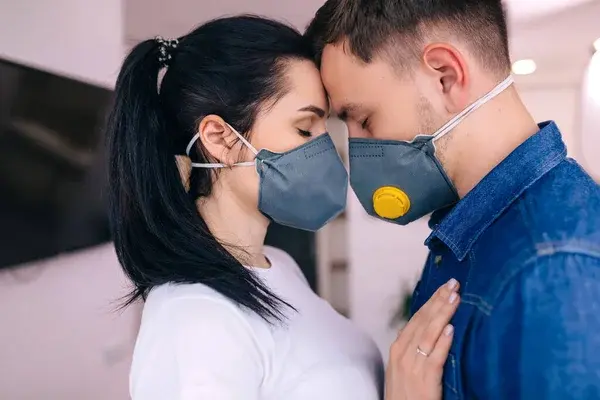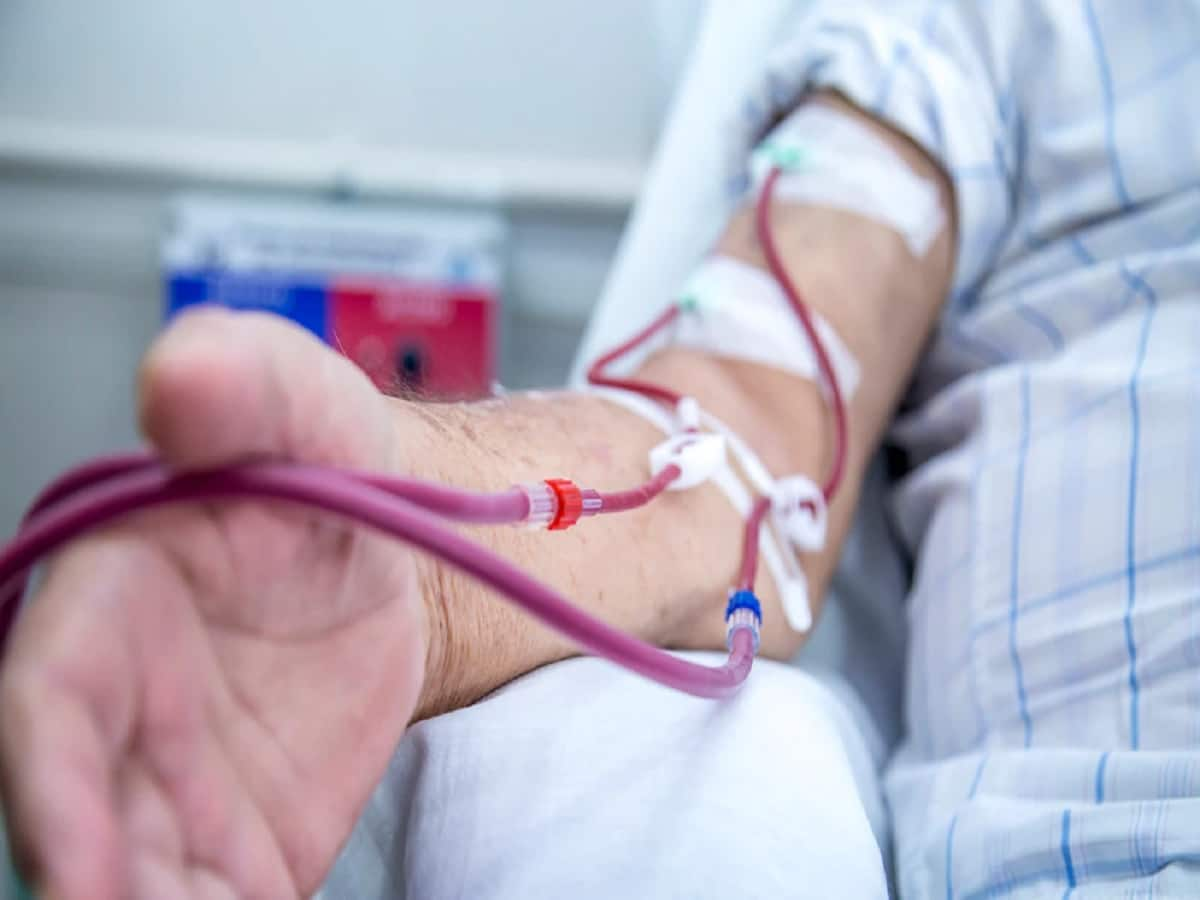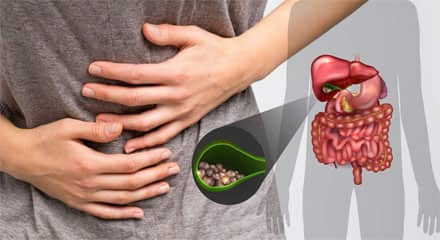To navigate intimacy safely during the COVID-19 pandemic, it’s crucial to understand how the virus spreads and take appropriate precautions. The SARS-CoV-2 virus, which causes COVID-19, is primarily transmitted through respiratory droplets produced when an infected person coughs, sneezes or even speaks. These droplets can linger in the air for a short time, posing a risk when individuals are in close proximity.
Respiratory droplets are relatively large particles that typically fall to the ground within a few feet of the source. However, in certain situations, such as when an infected person is coughing or sneezing forcefully, the droplets can travel further. This is why maintaining a safe distance of at least 6 feet (2 meters) from others is recommended to reduce the risk of exposure.
In addition to airborne transmission, the virus can also survive on various surfaces for varying periods. The exact duration depends on factors such as the type of surface and environmental conditions. While surface transmission is not considered the main route of COVID-19 spread, it’s essential to practice good hand hygiene by regularly washing hands with soap and water or using an alcohol-based hand sanitizer.
Can COVID-19 Be Transmitted Sexually?
While COVID-19 is primarily spread through respiratory droplets, there is some evidence that the virus may be able to transmit through sexual contact:
Limited research studies detected SARS-CoV-2, the virus that causes COVID-19, in the semen and vaginal fluids of some infected individuals. However, it’s unclear if the presence of the virus in these bodily fluids leads to sexual transmission.
Viral particles may potentially be transmitted through oral sex and the use of saliva as a lubricant, as the virus can be shed through saliva and feces. The virus may also be transmitted through anal sex, as ACE2 receptors (which the virus uses to infect cells) are expressed in the rectum.
One Research by Journal of Sex & Marital Therapy found that most men recovering from COVID-19 had SARS-CoV-2 in their semen. However, the Archives of Sexual Behavior Journal did not detect SARS-CoV-2 either in semen or in vaginal fluids of positive cases.
Theoretically, the virus could be transmitted through sharing sex toys or during any intimate contact that exposes partners to infectious bodily fluids. However, there is no concrete evidence that this occurs.
Now, if you’re wondering how to navigate intimate relationships while minimizing health risks, experts recommend avoiding intimate contact if either partner has COVID-19 symptoms or has been exposed to the virus. If both partners are healthy, the risk can be reduced by:
- Avoiding kissing and other forms of face-to-face contact.
- Using barriers like condoms and dental dams to reduce exposure to bodily fluids
- Washing hands and cleaning high-touch surfaces before and after intimate contact.
- This restriction should continue until you/your partner are clear of the symptoms.
By understanding how COVID-19 spreads and taking proactive steps to mitigate risks, couples can navigate intimacy more safely during these challenging times.









